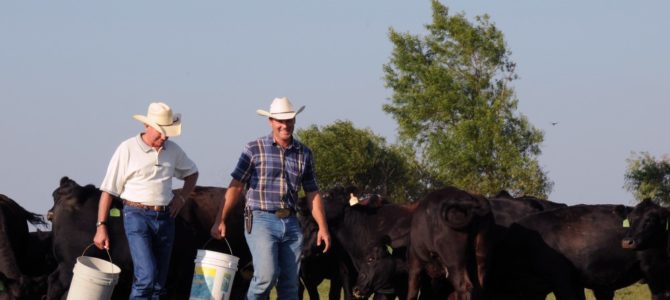Most Americans don’t give a second thought to the cost of a bag of peanuts, except when they cost way too much at the ballpark. However, Americans will collectively spend an estimated $2 billion on peanuts this year before even breaking open a shell.
This $2 billion will come courtesy of the Agricultural Act of 2014, known more broadly as the “farm bill.” It turns out politicians have forced American taxpayers to subsidize peanut farmers with our hard-earned tax dollars—a blatant example of corporate welfare.
Here’s how it works. The farm bill provides taxpayer subsidies to farmers if crop prices fall below a government-mandated level, which is what’s happening right now. For the third consecutive year in a row, overproduction of peanuts has caused their prices to fall below that threshold. The projection for this year’s harvest is 6.1 billion pounds, leaving an extra 2.9 billion pounds in excess of market demand.
Theoretically bar owners, peanut aficionados, and PB&J sandwich-makers across the country should be glad about all this extra supply, but the government won’t let them enjoy too much of a good thing. We still have to foot the bill for the government subsidy payola that goes directly to peanut producers. These subsidies make up the difference between what individuals are willing to pay for peanuts and what the government thinks people should pay for peanuts: $535 per ton.
Here’s Money; Burn Your Fields
In other words, the cheaper peanuts are, the more taxpayers shell out. This senseless federal agricultural policy is yet another failed government program that’s a relic of a bygone era—in this case, the New Deal. Then, America’s agricultural sector was experiencing deflation, or lower prices than normal. In an attempt to curry favor with farmers, the government made efforts to raise prices on the goods they produced.
To do that, they had to reduce the abundance of those goods. The federal government’s bright solution? It cut checks to farmers and required them to literally burn crops and slaughter hogs, at a time when millions of Americans couldn’t afford to eat.
Although the government no longer takes such extreme measures, the essence of the program remains. To keep agricultural prices artificially high, the federal government has done everything from forcibly storing cheese in the caves of Missouri (the cheese stockpiles had a nasty habit of catching fire) to seizing raisins from California growers—a practice the Supreme Court invalidated only recently.
If You Subsidize It, They Will Come
As for peanuts, the mystery of the current glut can be traced to a trade dispute with Brazil. In the early 2000s, Brazil contended that the United States was unfairly subsidizing the American cotton trade. When the dispute ended favorably for Brazil, U.S. government subsidies were no longer readily abundant for locally produced cotton, and farmers were ready to move on to the next crop that promised U.S. taxpayer-guaranteed profits from subsidies. They turned to peanuts.
The result has been an explosion of peanut farming. According to the U.S. Department of Agriculture, the number of acres with peanuts growing on them increased by more than half a million acres between 2013 and 2015. In other words, it’s not a sudden and intense change in America’s collective taste buds driving that spike, but rather the U.S. government’s unfair special treatment for certain crops. If you subsidize it, they will come.
Thankfully, this costly and pointless corporate welfare might yet be uprooted. The current farm bill expires in 2018, giving Congress a chance to end its outdated and unfair payouts for favored crops and producers. Congress must take this opportunity to move away from federal agriculture policy’s failed New Deal roots, and instead plant itself in the twenty-first century.
Taxpayers shouldn’t be responsible for keeping the peanut industry profitable. That’s why Congress should work to keep taxpayer dollars out of the agricultural business and let us decide with our wallets whether crops are worth paying for. Anything else is just nuts.









